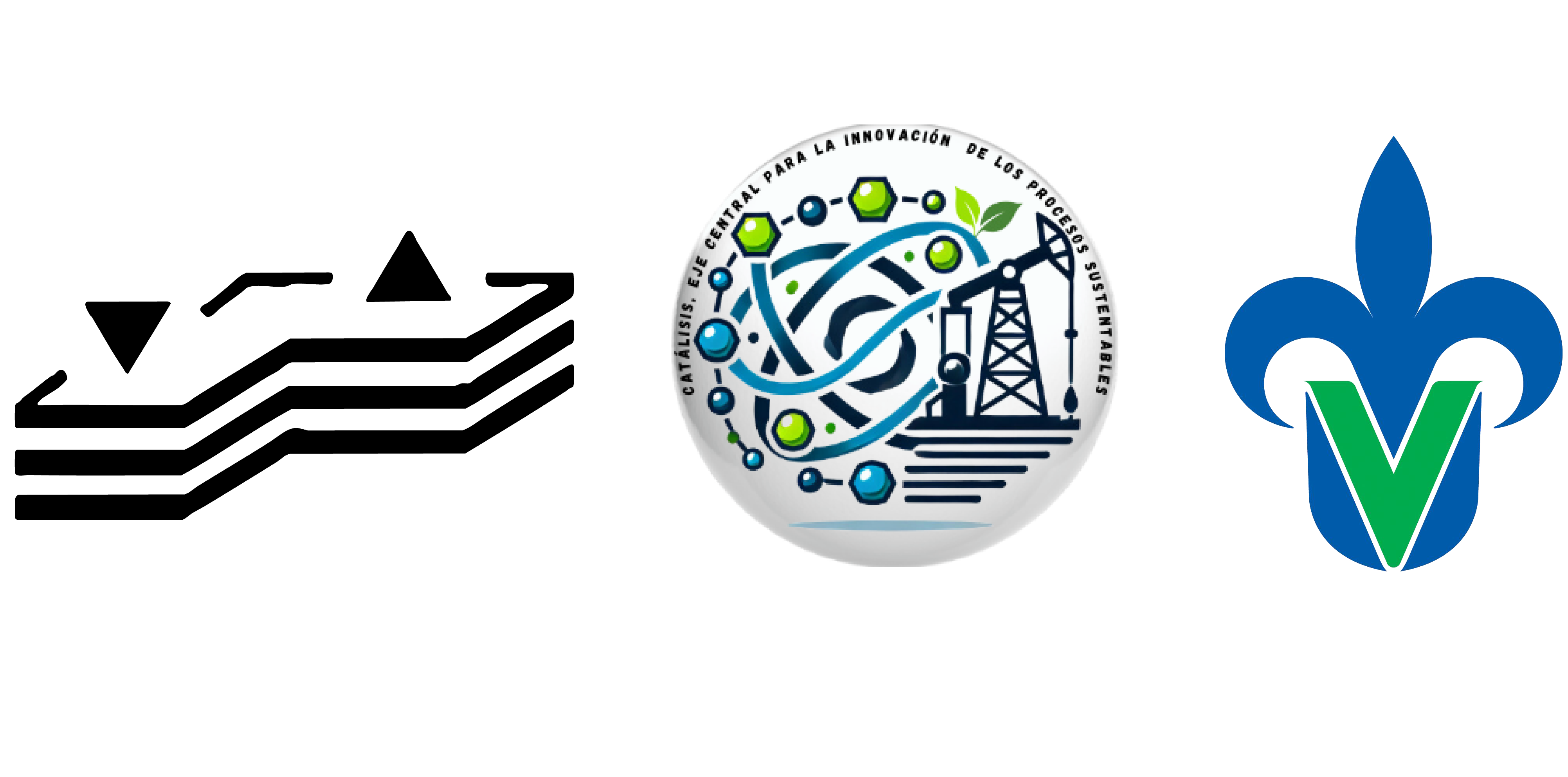Conferencia
Advancing Catalysis for a Sustainable and Water-Secure Future

Michael S. Wong
Rice University, Estados Unidos.
El Dr. Michael S. Wong es profesor y presidente del Departamento de Ingeniería Química y Biomolecular en la Universidad de Rice, donde también imparte clases en los departamentos de Química, Ingeniería Civil y Ambiental, y Ciencia de Materiales y Nanoingeniería. Después de completar su formación en Caltech, MIT y UCSB, se unió a Rice en 2001. Su línea de investigación se centra en abordar problemas de ingeniería química mediante el uso de herramientas de química de materiales, con especial énfasis en aplicaciones energéticas y ambientales, particularmente en el área de la catálisis para el tratamiento de agua limpia.
A lo largo de su carrera, ha sido reconocido con diversos premios, como el MIT TR35 Young Innovator Award, el Premio al Joven Investigador en Ciencia y Tecnología a Escala Nanométrica del AIChE, y el Premio a la Excelencia en Catálisis Aplicada de la North American Catalysis Society. Además, lidera la investigación sobre nanomateriales multifuncionales en el Centro de Investigación NEWT (Nanotechnology Enabled Water Treatment), financiado por la NSF. Es presidente de la División de Catálisis de la ACS y forma parte del comité editorial de la revista Applied Catalysis B: Environmental.
Actualmente, sus investigaciones incluyen el análisis de la relación entre la estructura y las propiedades de los catalizadores de paladio sobre oro, la síntesis de nanopartículas metálicas, el tratamiento de contaminantes en agua como dioxano, nitratos, fluorocarbonos y clorocarbonos, la mejora de azúcares y el ensamblaje de nanopartículas. Estos estudios buscan desarrollar tecnologías más eficientes y sostenibles para enfrentar los desafíos ambientales actuales.
Dr. Michael S. Wong is Chair of the Department of Chemical and Biomolecular Engineering at Rice University (Houston, Texas, USA). He is professor of Chemical and Biomolecular Engineering, of Chemistry, of Civil and Environmental Engineering, and of Materials Science and Nano Engineering. He holds the Tina and Sunit Patel Chair in Molecular Nanotechnology. He received his education and training at Caltech, MIT, and UCSB. His research program tackles water, sustainability, and energy issues through chemical engineering, materials chemistry, and heterogeneous catalysis approaches. Of current interest are catalysis technologies that de-construct molecules, i.e., treat water of undesirable and harmful contaminants. His research team has produced over 200 publications (cited cumulatively over 18,000 times) and over 20 pending/issued patents. He has an h-index >70.
He is Research Thrust Leader in the NEWT Engineering Research Center and in the Rice WaTER Institute; and the Director of the Rice Center for PFAS Abatement and Replacement, Rice-PAR. He is the recipient of the Lawrence K. Cecil Award, the highest environmental honor in chemical engineering (AIChE), and the Henry J. Albert Award, (International Precious Metals Institute). He is a Fellow of the American Institute of Chemical Engineers (AIChE), the American Chemical Society (ACS), and the Royal Society of Chemistry (RSC). He serves on the North American Catalysis Society Board of Directors and the ACS Society Committee on Publications, and as Associate Editor for the ACS journal Environmental Science and Technology.
Dr. Michael S. Wong is a professor and chair of the Department of Chemical and Biomolecular Engineering at Rice University, where he also teaches in the Departments of Chemistry, Civil and Environmental Engineering, and Materials Science and NanoEngineering. After completing his education at Caltech, MIT, and UCSB, he joined Rice in 2001. His research focuses on addressing chemical engineering challenges using materials chemistry tools, with a particular emphasis on energy and environmental applications, especially in catalysis for clean water treatment.
Throughout his career, he has received numerous awards, including the MIT TR35 Young Innovator Award, the AIChE Nanoscale Science and Engineering Young Investigator Award, and the North American Catalysis Society Excellence in Applied Catalysis Award. Additionally, he leads research on multifunctional nanomaterials at the NSF-funded NEWT (Nanotechnology Enabled Water Treatment) Engineering Research Center. He is the chair of the ACS Division of Catalysis Science and Technology (CATL) and serves on the editorial board of Applied Catalysis B: Environmental.
His current research includes studying the structure-property relationships of palladium-on-gold catalysts, synthesizing metal-on-metal nanoparticles, treating water contaminants such as dioxane, nitrates, fluorocarbons, and chlorocarbons, improving sugar upgrading chemistry, and assembling nanoparticles. These studies aim to develop more efficient and sustainable technologies to address today’s environmental challenges.

